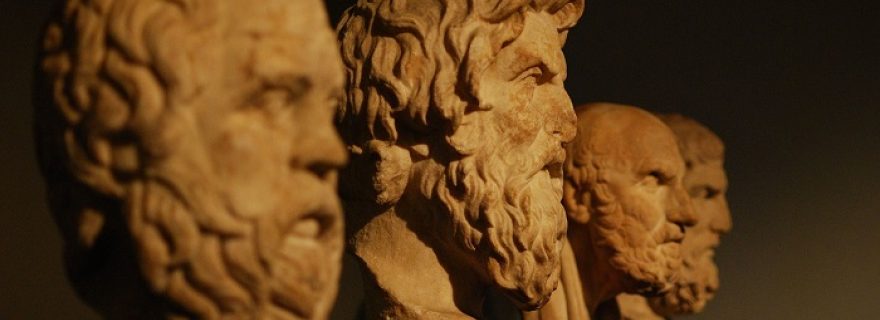The Lie and Aristotle’s Virtue Ethics

The Lie and Aristotle’s Virtue Ethics
In addition to good humor/wit and friendliness which are two social virtues that Aristotle talks about in Nicomachean Ethics, there is another one that he says governs social interactions between human beings, and is very vital for a person to possess. This virtue is that man should be truthful.

Aristotle's view
When Aristotle says this, he does not mean being truthful in just any sense whatsoever. According to book about Aristotle some of honesty or truthfulness is a matter of other virtues, for instance courage may be required. It has been seen that friendliness involves telling the truth to friends as well as telling them that the activities in which they are engaged in, if they're harmful or shameful are actually such enough that they should not be doing so. Aristotle's view of truthfulness has to do with truth about one's own self conveyed in their acts, speeches, way of life, and in one's relationships. As with all the other virtues and vices it's possible to go too far (excess) and it's possible to be lacking (deficiency). The excess in this case is boastfulness or being a “braggart”, in other words someone who lies in order to inflate their qualities.

On the other side is the vice of deficiency where those who engage in self-deprecation. Aristotle says that a lot of people who do that are actually doing something that's vicious he thinks that this vice is not as bad as the excess vice and that actually the virtue leans more towards the side of deficiency. Often times we look at people like this and we say that well they're being humble, they are they're fitting in well with other people by not pushing their own qualities and achievements by not making a big show of themselves, people like this are bit easier to get along with than people in the excess side.
Criticism

Aristotle says that the truthful person is a lover of truth. This means loving something outside of oneself that puts the self into context, that's what allows the truthful person to actually be truthful about themselves. They prefer to be in the truth than to think false things about themselves so when they do something wrong or really not up the standards they are okay not with having done that but with it being said that that's the case. They are able to take criticism because they able to take criticism for what it actually means, the truth in it. The person that falls in the excess category is a lover of falsehood, they love a false inflated image of themselves that they want to hold up in front of other people and also for themselves.
Conclusion
Now I am going to discuss a certain type if lie that is very common today. That being the lie(s) that many tell on cover letters, on resumes, and in interviews when trying to obtain a job. I am referring to saying you have more experience than you do, claiming to possess a skill that you do not, or even implying to have interest in a long term position when you know that truthfully you’ll leave as soon as you find something better. On the surface these kinds of lies don’t seem to be malicious. The person telling them does not intend to do any harm to anyone, they are just trying to better themselves in the way of bettering their chances of becoming employed, in the way that the truth would not have.



